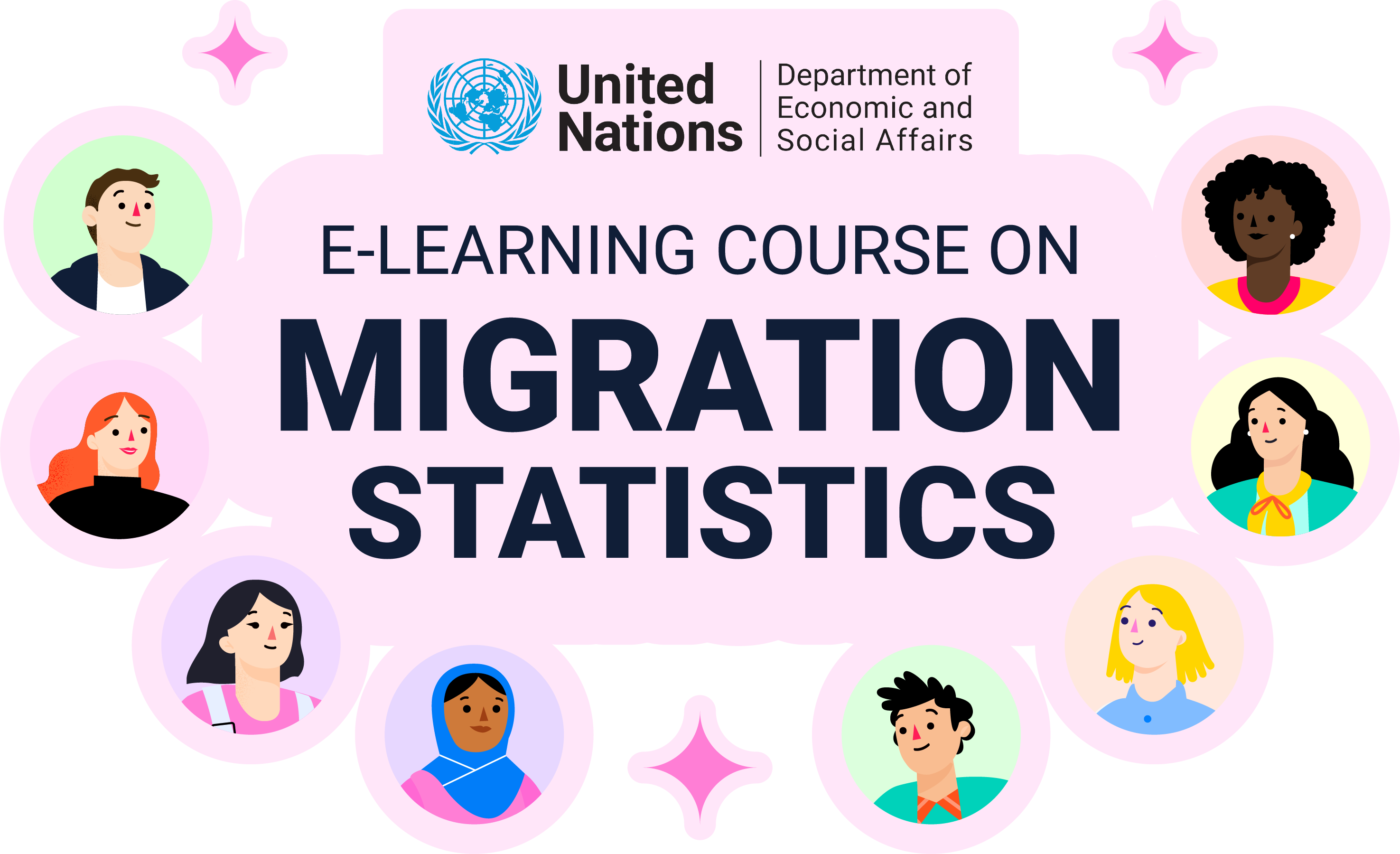This is the first (Basic level) of two training courses that will introduce those international guidelines on census methodologies, concepts and definitions that are necessary for collecting reliable statistics on population and housing. The programme also aims to assist census managers and subject experts in planning, designing and management of census operations and inform them about alternative and more innovative approaches in conducting censuses.

This is the second (Advanced level) of two training courses that will introduce those international guidelines on census methodologies, concepts and definitions that are necessary for collecting reliable statistics on population and housing. The programme also aims to assist census managers and subject experts in planning, designing and management of census operations and inform them about alternative and more innovative approaches in conducting censuses.

It is intended for persons working at national, regional, or international statistical offices, or in line ministries working with data related to international migration and migrants. No prior knowledge about international migration statistics is necessary.

The course translates key concepts and recommendations from the "United Nations Guidelines on Measuring Asset Ownership from a Gender Perspective", in an interactive manner. The course covers the conceptual framework, data sources, implementation guidance and data processing, analysis and dissemination.
